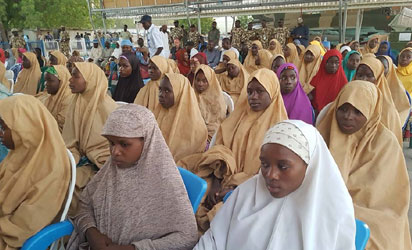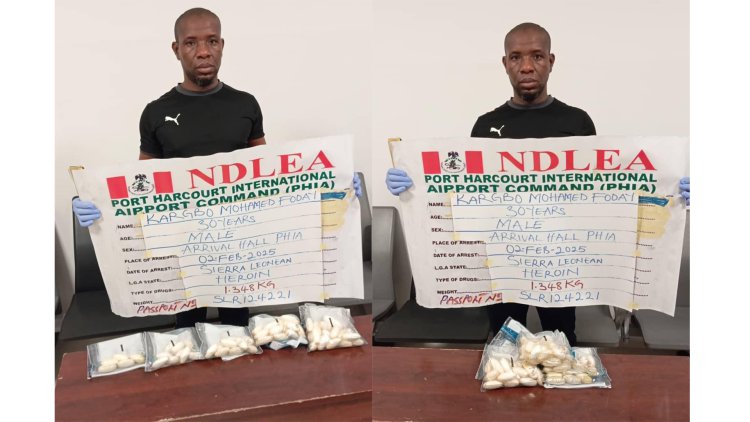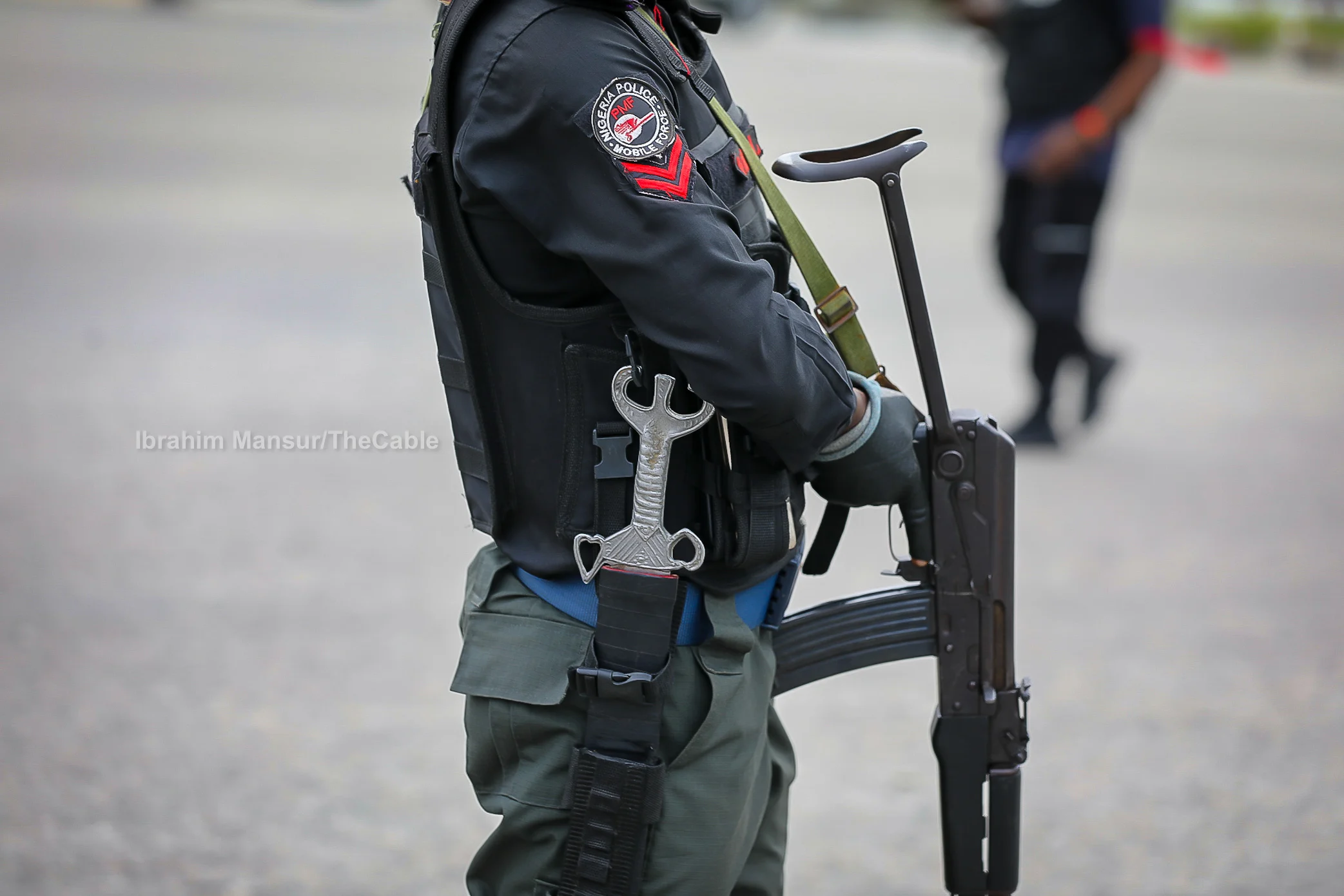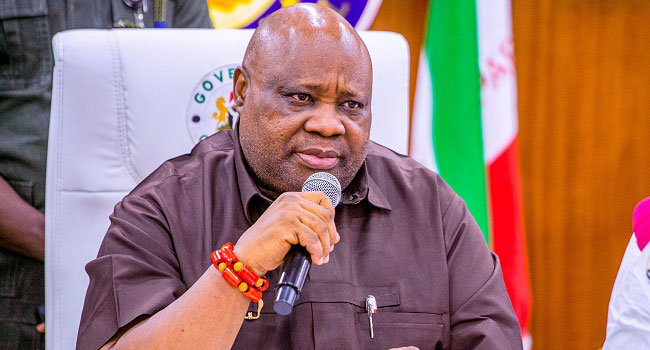In Dapchi, located within Yobe State, a locality marked by the abduction of 110 schoolgirls on February 19, 2018, residents voice apprehension regarding the escalating count of children deprived of formal education, notably girls. Since the repatriation of the kidnapped students, barring Leah Sharibu who remains in captivity, and the subsequent shuttering of Government Girls Science and Technical College Dapchi, securing access to upper-level schooling has emerged as a substantial hurdle in the vicinity.
Evidently, the dormancy of GGSTC Dapchi over the preceding half-decade progressively propels numerous girls toward premature matrimony. The inactivity of a functional educational framework deprives these girls of their entitlement to learning and obstructs their avenues toward a promising future. The community grapples with the ramifications of this educational regression, which extends its repercussions to the community’s advancement and populace’s welfare.
The seizure of the schoolgirls in 2018 reverberated profoundly throughout the vicinity, spotlighting the vulnerabilities confronting scholars, particularly females, in regions besieged by conflict. Despite endeavors to tackle the security quandary and enhance educational accessibility, hurdles endure, casting a pall over the aspirations and ambitions of young girls in Dapchi and akin localities across Nigeria.
The closure of GGSTC Dapchi not only disrupts the education of its attendees but also compounds societal and economic adversities in the vicinity. Families contend with the aftermath of the abduction and subsequent school closure, which once served as a beacon of aspiration for myriad aspiring young girls in the vicinity.
The ordeal of Leah Sharibu, ensnared in captivity years after the abduction, serves as a stark testimony to the persistent menace posed by insurgency and the enduring anguish experienced by victims and their kin. Leah Sharibu’s unresolved plight underscores the pressing need for concerted endeavors to secure the release of all detainees and address the underlying catalysts of insecurity in conflict-ravaged areas.
In reaction to the educational predicament in Dapchi and akin localities, a crescendo of calls arises for governmental intervention and assistance. Indigenous leaders, civil society entities, and vested citizens advocate for endeavors to recommence educational institutions, furnish psychosocial succor to afflicted scholars, and prioritize girls’ education as a foremost concern.
The saga of the Dapchi schoolgirls’ abduction stands as a poignant reminder of the hurdles confronting Nigeria’s educational framework and the imperative for sustained endeavors to safeguard the safety and well-being of all scholars. As the community contends with the repercussions of the abduction, a collective resolve emerges to reconstruct and rekindle optimism for a brighter tomorrow for its progeny, notably its girls. It is imperative that governmental authorities and pertinent stakeholders prioritize investments in education and security to preclude analogous occurrences and uphold every child’s entitlement to quality education and safeguard from harm.




